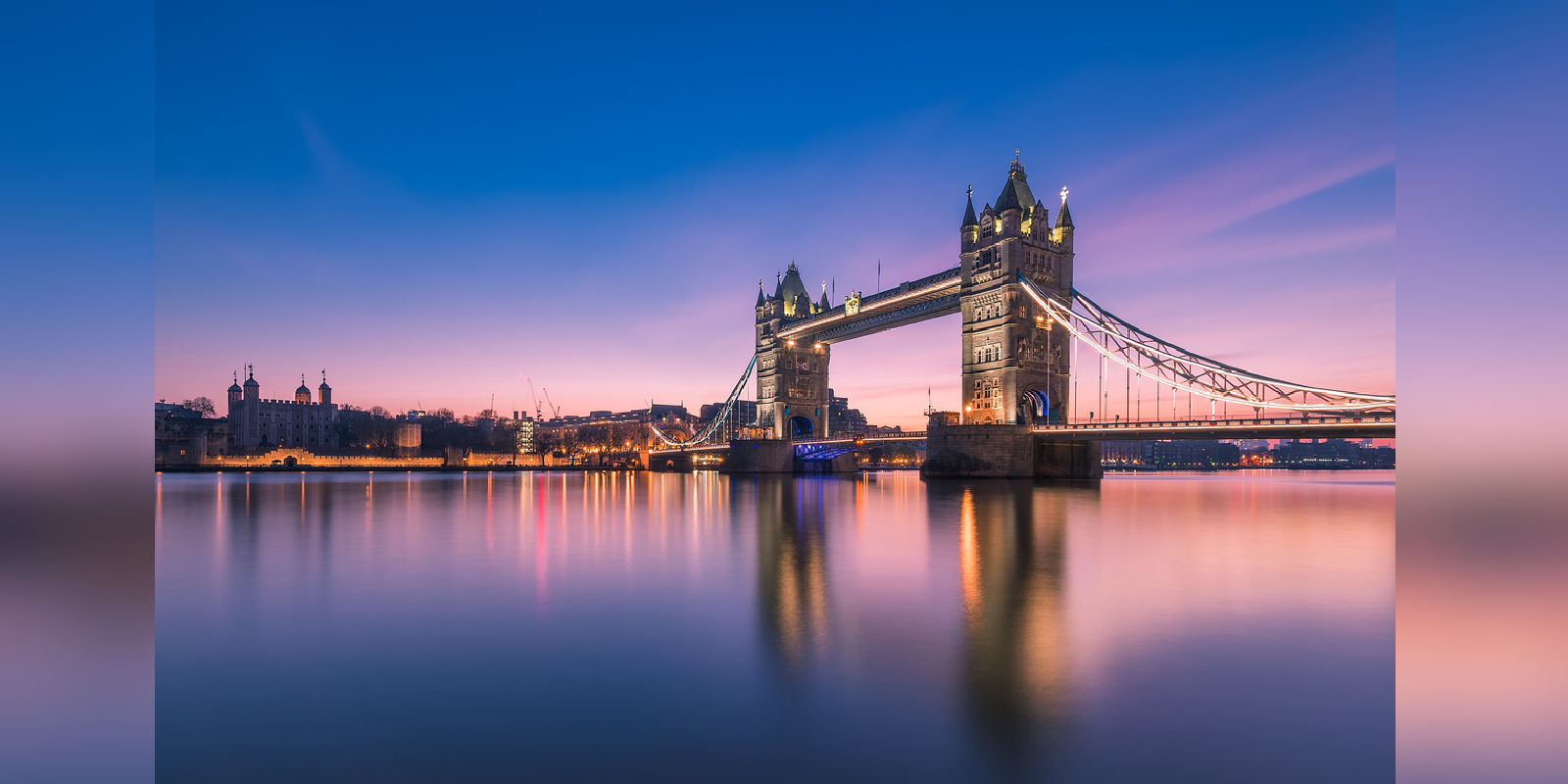Tax rebates, lesser travel time, hassle-free permits, and easy availability of equipment and artists are drawing Tollywood to the UK, especially London.

UK is the favourite shooting location for the filmmakers in Tollywood. (iStock)
Ask any Telugu filmmaker and s/he will agree that shooting films in the UK is far cheaper than in India or other countries. They will also admit that it comes with added advantages like huge savings on flight tickets, hotels, and other miscellaneous expenses.
Further, there won’t be any disturbance from the public/fans and one can finish the shoot and return home as per schedule.
Actor-writer-director Srinivas Avasarala’s upcoming Telugu film Phalana Abbayi Phalana Ammayi — releasing on 17 March — has been extensively shot in the UK. It is bankrolled by People Media Factory and Dasari Productions.
Incidentally, People Media Factory’s next film with Sharwanand and director SreeRam Aditya is also being shot in London.
Reacting to this, Srinivas Avasarala pointed out that the UK is the favourite shooting location for most Telugu filmmakers because of its economics; the tax rebates offered by the country work out well for film production.
“Every state in the US has an individual tax rebate which isn’t the case with the UK. In the US, travel consumes all our time and there is no connectivity, too. Since the UK is small, you can drive to any location easily and without hassles,” he elucidated.
In fact, the UK is the backdrop of the story in his Phalana Abbayi Phalana Ammayi, starring Naga Shaurya and Malvika Nair.
“The movie is about Indian students who visit London for their higher studies. The project went on the floors in 2019 and we had an overseas schedule in 2020. But the pandemic struck and I got a letter from the embassy about the travel ban,” Srinivas Avasarala recollected.
The actor-director waited for the Covid-19 restrictions to be eased so the team (only a few were allowed) could get the work permit.
Phalana Abbayi Phalana Ammayi has been shot mostly in Birmingham city because the film is a university-based story.
“We capitalised on the light at the shooting locations by working for long hours. We shot till 9 PM every day. The movie starts when the lead pair is 18 years old and showcases seven phases of their lives,” he added.
Chari, the executive producer of Sri Venkateswara Cine Chitra (SVCC), said it is more convenient to shoot in London than in other countries.
“They give us a rebate of 30 percent. There is a strong agreement and one of the conditions is that we need to spend a certain amount in their country and provide employment to locals, albeit for a short period. Some of our staff are living in London.”
Above all, nearly 40 days of shoot in London means finishing up at least 60 percent of the project.
This is the reason why the SVCC shot five of its Telugu films in London: Nannaku Prematho, Tholi Prema, Mr Majnu, Ninnila Ninnila, and Varun Tej-Praveen Sattaru’s untitled movie.
Also, the production house is filming Siddhu Jonnalagadda’s forthcoming project in the largest city in England.
“All the payments to the Indian artists and technicians are made in UK currency. It takes time to get the rebate though. Our auditors in London process the work. This apart, the picturesque locations in London are one of the reasons we keep visiting the city,” Chari explained.
London is the favourite shooting spot for director Venky Atluri who recently helmed Dhanush’s Vaathi/Sir. He shot Varun Tej-starrer Tholi Prema (2018) in the city.
The UK has been offering a tax rebate for the past 20 years and many Indian movies, especially Bollywood, took advantage of the same.
“We got blanket permission for government locations, free of cost. Other locations were charged though. We shot Mr Majnu (2019) for 42 days in London,” he recalled.
Further, the workers and equipment providers in London are all Indians and the rates are reasonable. At least 30 Indian films are shot in the city every year.
“Around 40 Indian movies were being filmed in London when I was shooting Mr Majnu. The travel time is just 12 hours, there is no jet lag and we get better locations than that in the USA,” Venky Atluri added.
He also pointed out that there won’t be food-related issues because there are several Indian and Pakistani restaurants in the UK.
Cinematographer Diwakar Mani shares his perspective. As a technician, he felt that Ninnila Ninnila (2021) — starring Ashok Selvan, Ritu Varma, and Nithya Menen – had a mood that needed to be captured.
“The film had to be shot in cold weather — with not too many colours (mostly grey), overcast light, and a lot of mist in the air. I wanted to shoot in November-January since the weather in the UK would add value to the script,” he recalled.
The cinematographer wanted to show coldness in the frame so it reflects the mood in the storyline and hence planned everything accordingly.
“The air in London was clean and the light was clear. The background actors in Ninila Ninnila were all from the city. We used equipment from Tahir Cine Service that opened a branch in London then. We didn’t waste dates because it would be an expensive affair to reschedule. Everything was in place and the producers were happy with the logistics,” he added.

Jul 24, 2024

Jul 23, 2024

Jul 19, 2024

Jul 14, 2024

Jul 12, 2024

Jul 03, 2024